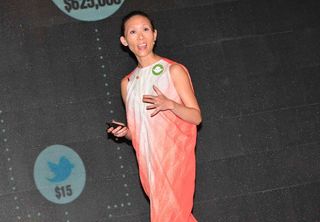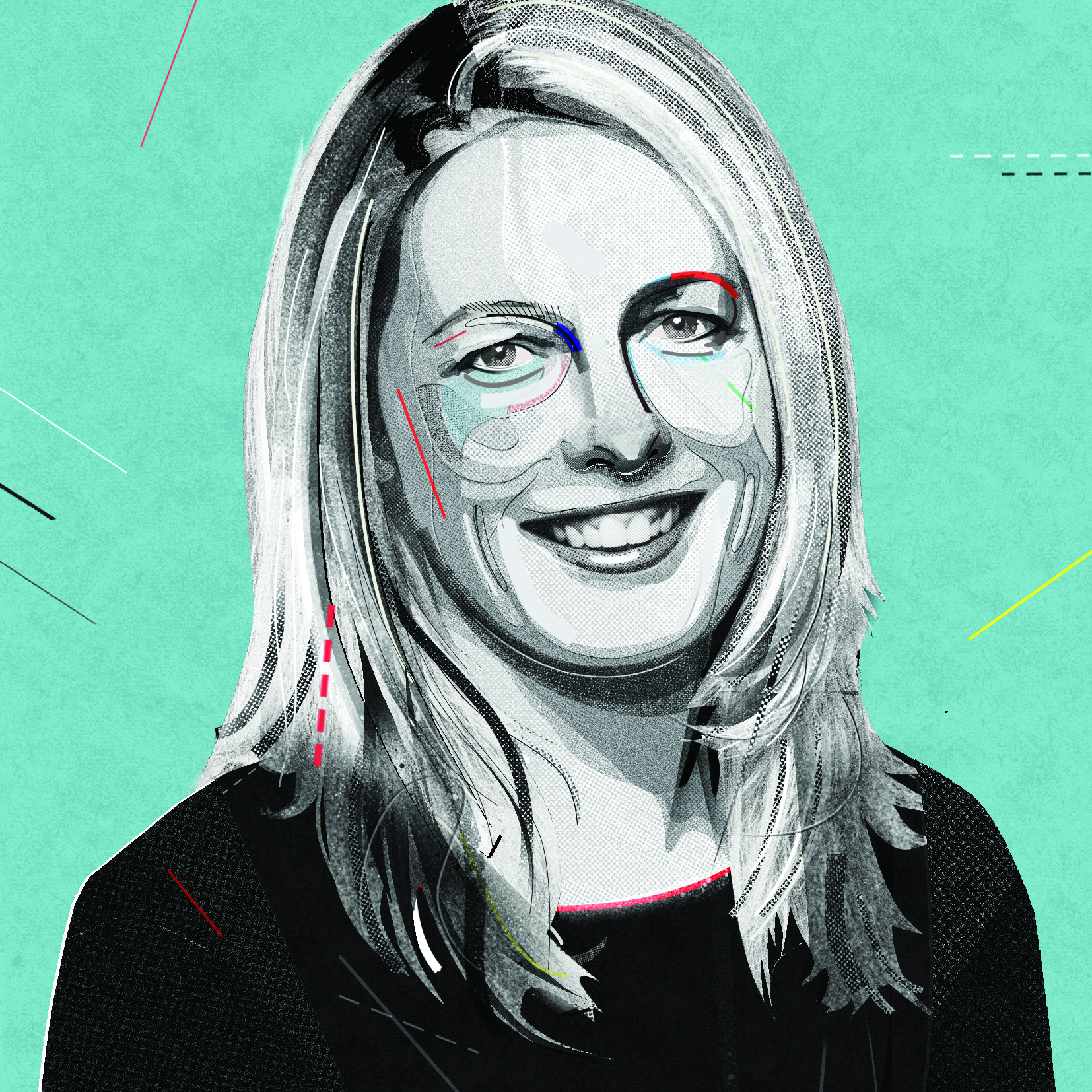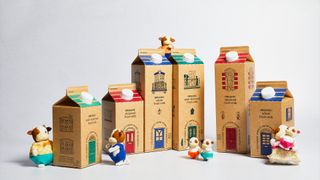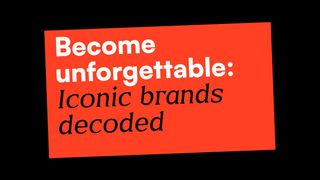Since joining Pentagram as a partner, Natasha Jen's overheads have increased "by 20 times". One of the youngest partners at the global design firm – and the only partner in Pentagram's history to have started as an intern – Jen talked money ("Wake up people!") on the second day of Kyoorius Designyatra, India's three-day creativity conference held annually in Goa.
Get 10 free issues of Computer Arts!
"Design is like a Rubik's Cube," she told the 1,500-strong audience. "You have to put a lot of time and effort into getting [the design] right. And on the other side you have time, project duration, staff overheads and fee. Those factors aren't necessarily proportional all the time," she admitted. "We're struggling with a disproportional distribution all the time."
So what if, she asked, there was no budget? How do you deal with overheads? Should you just say no? Or is it possible to turn pro-bono projects into creative opportunities?
We took five with Jen after her talk at Deisgnyatra 2014 to find out more about how she factors pro-bono work into her Pentagram practice, and how she made the leap from intern to partner at one of the world's most influential design firms…

How do you balance budget with creativity?
There's no balance – it's just a struggle! We're a little bit schizophrenic – or me – because I'm basically responsible for everything, including finance. We don't have a huge finance team cranking the numbers and figuring it out. So I have to make sure, first of all, that we're okay financially.
Pro-bono projects have become one of the central focuses of my practice – before and after Pentagram. So I have to make sure we do have room to take on these crazy projects. I want to make sure we're taking on projects that can help us sustain, but then that we can pursue projects where we see greater creative opportunities – whether it pays or not.
What's the value of pro-bono work?
The value for us is we're passionate about it. We really believe you should do what you want to do and love to do. We take on pro-bono projects because we enjoy the process and challenge, and we enjoy thinking about things from different perspectives. It's hugely satisfying.
Also, I have another belief: don't put your eggs in one basket. Taking on these projects on the fringe helps us to diversify our practice and make our ways of thinking more versatile.

How do you decide whether to take on a pro-bono project?
With Transfoner [an Android interface that reimagines apps as building blocks in constantly transformation] , I asked myself: Have we ever done this type project before? No. Do we know how to do it? Not really. Would it be interesting for us to get into it? Absolutely. Could there be a benefit from doing it?
If we can see ourselves being very happy, in some way, doing that type of project, then we will take it. Happiness, motivation, do what we love to do – that's aways been the central decision-making idea in my process, and figure out money along the way. It's always a kind of juggling act. Every day you're looking at the numbers, making sure you're not doing anything stupid.
How much creative freedom do you have with pro-bono projects?
People think it's pro-bono, you can do whatever you want to do. No way! It rarely happens that way. You just have to make terms – okay we're here to do that because we see there's an opportunity, and we just cope with all the other problems and challenges. We identify our opprtunities very, very well.
What advice would you give to anyone hoping to transform their internship into a job?
You have to pursue what you want to do. I truly believe that. There are a lot of noises out there now, especially in the creative field – for example branding's really hot right now. People say – 'oh, go and do branding', but if you don't like branding, don't do it.
To do good work you have to love what you do – and you have to stick to that love. You can figure out the logistics later. I've always operated on that principle – in the early days subconsciously; now I'm very conscious about the projects that we take and our levels of happiness in relation to a project.
At the beginning of my career I made decisions based on my intuition; based on whether I liked it. And I did have a job – I won't tell you where – where I worked for five months and in the first few weeks I knew it wasn't my thing. I stuck it out for five months but I knew that it wasn't for me, and I made a change.
Want more?
Don't miss our exclusive 'Secrets of branding strategy' in-depth feature in issue 234 of Computer Arts magazine, on sale in November. We've talked to some of the world's leading design practices – including Pentagram, SapientNitro and Chermayeff & Geismar & Haviv, to find out how they approach brand strategy and tackle the unique challenges of today's branding projects – and you'll find the rest of our interview with Natasha Jen inside the issue.
Get 10 free issues of Computer Arts!
Calling all overseas readers of Computer Arts and Creative Bloq! Get up to an incredible 10 free issues of Computer Arts magazine with a two-year subscription.
Simply follow the link, select either Europe or Rest of World from the drop-down Delivery Region menu, and choose 'Credit/Debit Card or PayPal 2 Year' from the three available options.
This limited-time subs offer is available for all non-UK readers. Want to know more? Head here for more info on this special offer for the world's leading design magazine.





